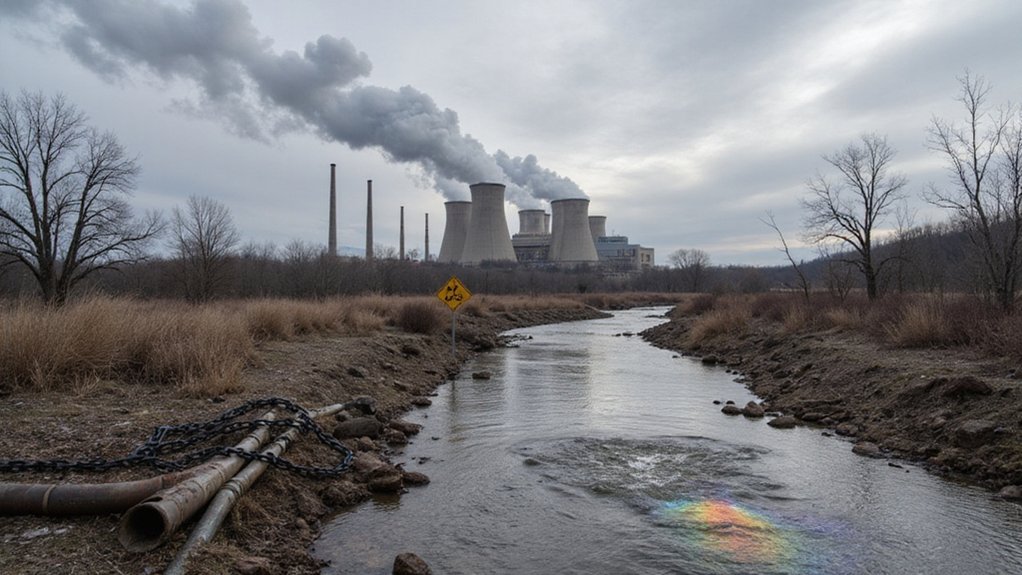President Trump killed America’s first-ever greenhouse gas tax on March 17, 2025. The methane fee would have charged oil and gas companies $900 per ton starting in 2024 but never collected a penny. Using the Congressional Review Act, Trump fulfilled his “Unleashing American Energy” promise while infuriating environmental groups. Industry leaders celebrated; climate advocates fumed. The tax repeal deepens the already bitter partisan divide on climate policy. The battle’s far from over.
President Trump swung his metaphorical wrecking ball through Biden’s climate agenda last week, demolishing the nation’s first-ever tax on greenhouse gas emissions. The greenhouse gas tax, part of Biden’s Inflation Reduction Act of 2022, never even got a chance to collect its first dollar. Set to begin in 2024 with a hefty $900 per ton rate on methane emissions from oil and gas operations, the tax has now been relegated to the policy graveyard.
Trump signed H.J. Res. 35 into law on March 17, 2025, using the Congressional Review Act to overturn the EPA’s rule. It wasn’t exactly a surprise move. The action followed a Republican-led effort in both chambers of Congress and aligned perfectly with Trump’s “Unleashing American Energy” executive order. Campaign promise? Check.
The oil and gas industry is breathing a collective sigh of relief. No tax means no financial burden. No incentive to reduce methane emissions means… well, more methane emissions. This rollback comes as experts emphasize that the power sector alone contributes 25% of U.S. greenhouse gas emissions. Fossil fuel producers can now potentially boost their profitability without that pesky regulation they’ve been complaining about.
Environmental groups are, predictably, furious. Methane is a potent greenhouse gas, and without the tax, there’s little financial motivation for companies to plug their leaky operations. U.S. climate commitments? Those might be leaking too.
The economic math is complicated. No tax means potentially lower energy costs for consumers. Jobs in fossil fuels stay put. The feds lose a revenue source. Meanwhile, clean energy alternatives might look less attractive to investors. The long-term economic costs of climate change? That’s somebody else’s problem, apparently. This order effectively shifts the financial responsibility from polluters to average Americans who will bear increasing climate-related costs.
Politically, this move underscores the massive divide on environmental issues. The partisan gap on climate policy just got wider. Future elections will likely feature climate policy prominently.
What’s next for climate regulation remains uncertain. The repeal comes despite support from major companies like Shell and BP who had backed the methane fee initiative. Legal challenges could emerge. States might step up their own initiatives. And internationally? America’s climate leadership credentials just took another hit.
But for now, the greenhouse gas tax is dead—killed before it ever took its first breath.









